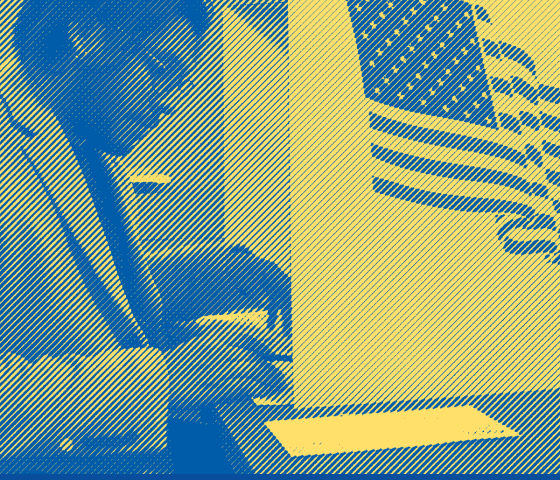Many Iowans support traffic cameras because of the claim that they will improve traffic safety. But for folks all across the state--and country--who have lived under the daily scrutiny of traffic cameras, it quickly becomes a different story. A number of states have banned the use of traffic cameras.
Here's why the ACLU of Iowa would like to see traffic cameras go:
Dubious Safety Data
The safety data that is often cited is actually conflicting. In some places, for example, traffic cameras have led to an increase in rear-end accidents as drivers rush to slam on the brakes to avoid an automatically generated ticket. Just as a matter of common sense, traffic cameras are unlikely to protect against many of the most dangerous drivers. A traffic camera is far less likely to stop a drunk driver than flesh-and-blood police. Also, because the citation information collected by cameras doesn't get reported to the Iowa Department of Transportation (unlike speeding tickets issued by officers), it isn't effective in flagging repeat high-speeders.
What we do know for sure is that traffic cameras are revenue generators. They can bring in millions of dollars every year for the municipalities that set them up—with little to no indication that they are doing anything to promote public safety. They become like an involuntary, confusing, unfair tax on car owners and drivers. Traffic cameras are more about making money for cities than they are about safety.
Due Process Issues
We're concerned that car owners get ticketed, rather than the actual driver (a child, a spouse, etc.). There is also a problem of insufficient notice when cities fail to post signs in areas where drivers are approaching traffic cameras.It seems unfair that traffic cameras ticket small offenses, such as stopping slightly over the white line—offenses officers are unlikely to ticket.
We're troubled by the potential for localities to become reliant on the revenue the cameras generate. Such reliance has led to misuse in other states, where some cities have shortened yellow lights to increase violations and increase revenue.
Creating a Surveillance Camera Culture
Perhaps more than anything, we oppose the "Big Brother" approach to governing that traffic cameras embody. Traffic cameras allow for government monitoring of our driving behaviors at a scale that exceeds what is possible when using traditional traffic enforcement methods. Some key legislators have described them as a step toward a "surveillance camera culture" that should give us all pause.
